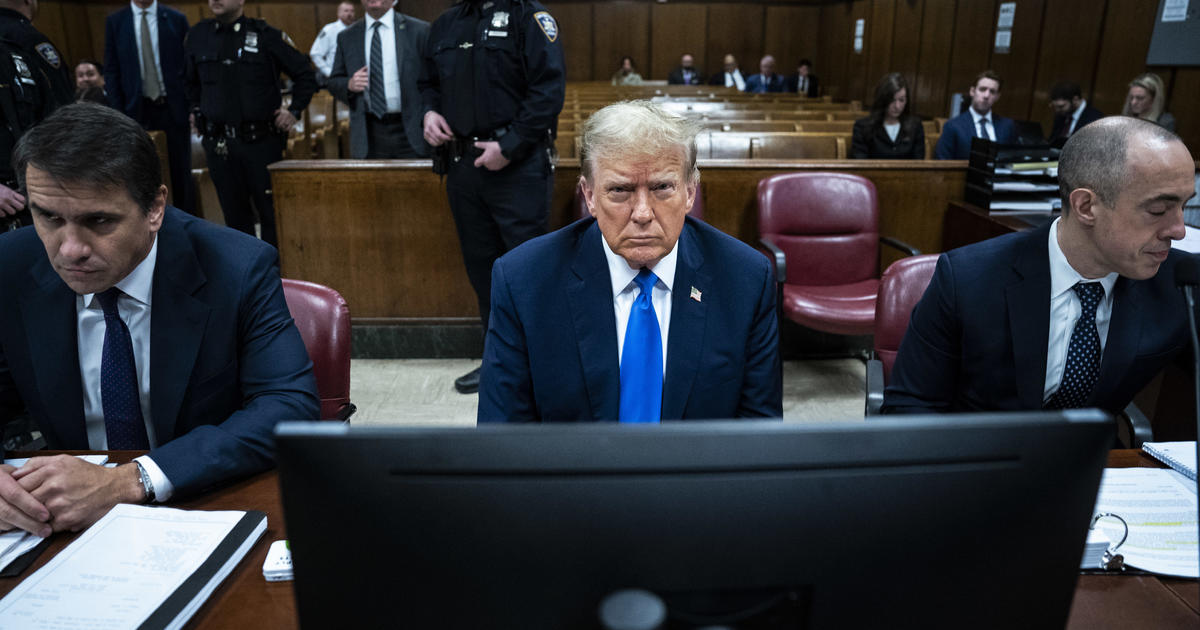NOAA posts cartoon which appears to challenge Trump's climate change skepticism
The day after President Trump posted a tweet suggesting extreme cold temperatures in the Midwest cast doubt on the existence of global warming, the climate service for the National Oceanic and Atmospheric Administration (NOAA) tweeted a cartoon explaining warming oceans result in more extreme winter weather.
"In the beautiful Midwest, windchill temperatures are reaching minus 60 degrees, the coldest ever recorded. In coming days, expected to get even colder. People can't last outside even for minutes. What the hell is going on with Global Waming? [SIC] Please come back fast, we need you!" Mr. Trump tweeted.
Forecasters say millions of people in the Midwest and Great Lakes will see record-shattering wind chills from 40 to 65 degrees below zero this week due to a "polar vortex." And global warming may be playing a direct role in this: there is a theory that as areas near the North Pole warm more than two times faster than the rest of the globe, it weakens the polar vortex, displacing cold air masses southward into Europe, Asia and the United States.
"Winter storms don't prove that global warming isn't happening," the NOAA tweet said, linking to a 2015 article on Climate.gov which explains that "warmer air temperatures fuel more evaporation, leading to a wetter atmosphere, which increases rain or snow totals." The tweet also included a descriptive cartoon from the 2015 article.
In a statement to CBS News, NOAA said the tweet was not made in response to Mr. Trump, but was "something NOAA routinely puts out when we get an extreme cold snap such as the one we're in now."
Mr. Trump has repeatedly claimed on Twitter global warming is a "hoax." In 2012, he tweeted global warming was created "by and for the Chinese in order to make U.S. manufacturing non-competitive." Although he later said he was joking, he continued to refer to climate change as a hoax through the presidential campaign. One of his first actions as president was to announce the withdrawal from the Paris Climate Agreement, a global agreement to mitigate climate change.
However, global climate change — the warming of the climate due to human activities — has been accepted almost universally by scientists. There is even a page on the NASA website providing evidence and consensus on the reality of climate change. Many of the states that are likely to see disproportionately negative effects in the coming years are some that supported Mr. Trump in 2016, like Florida and Texas, as well as others in the Southeast, which may sustain increased coastal damage because of more powerful storms, according to a new report by the Brookings Institute.
The report found "climate-caused deaths will hurt the Southwest, as coastal storms and sea-level issues batter the Southeast, Florida, and the Gulf Coast."
And yet, some Democratic-leaning states could actually see an economic benefit from global warming, with a longer growing season that increases agricultural yields, the report also says.
Jeff Berardelli contributed to this report.




